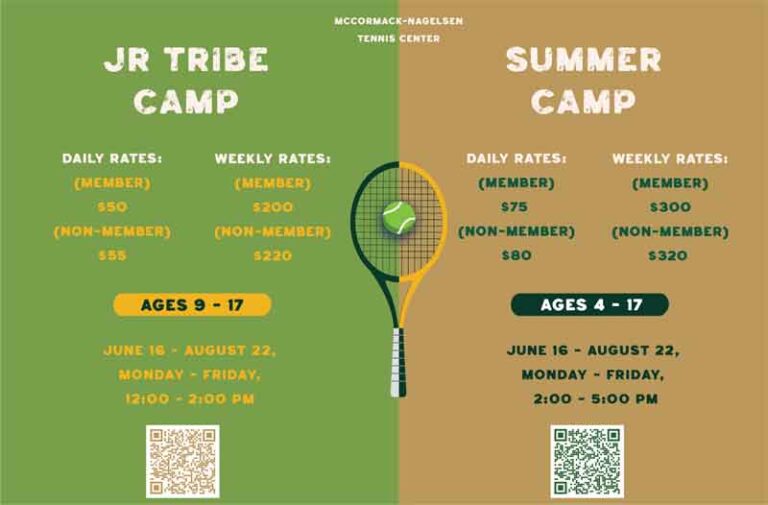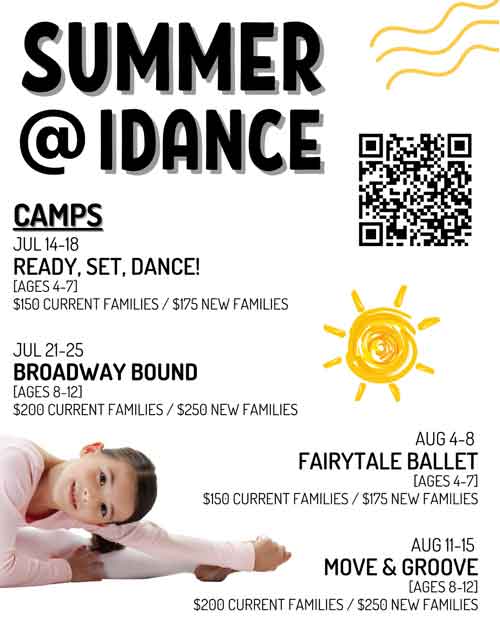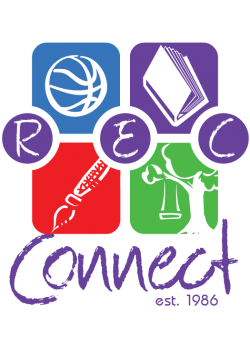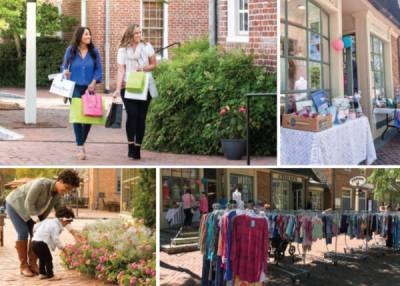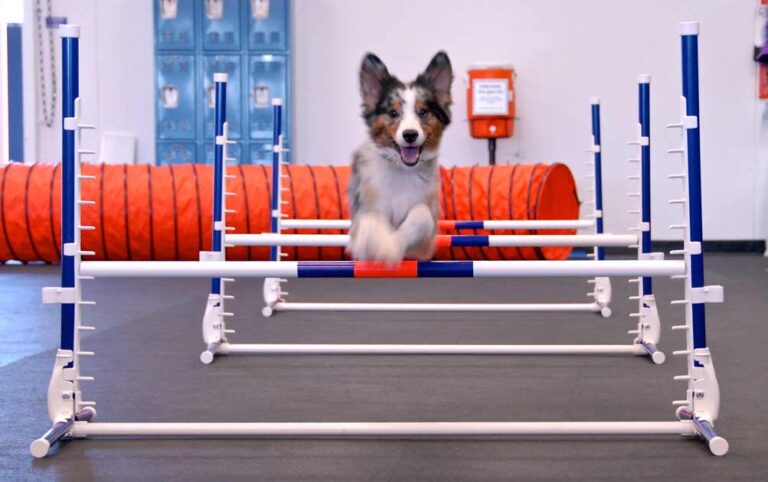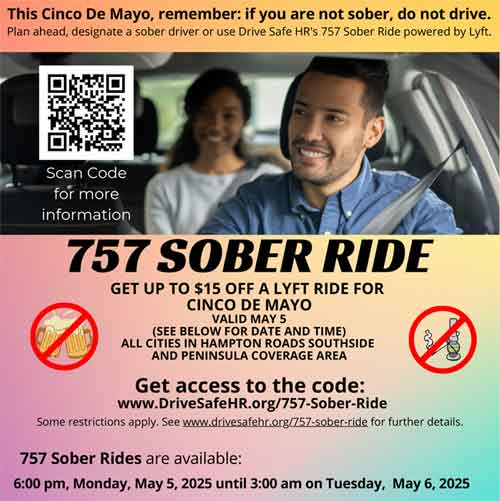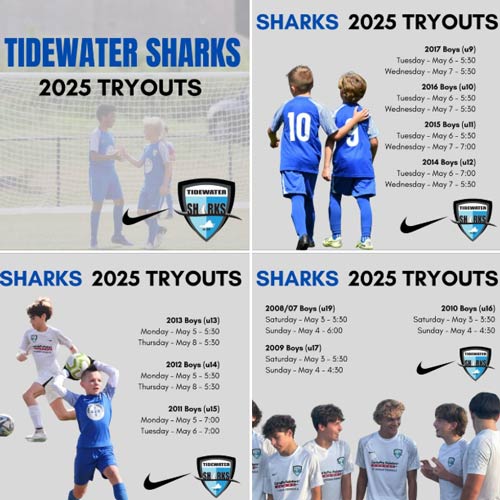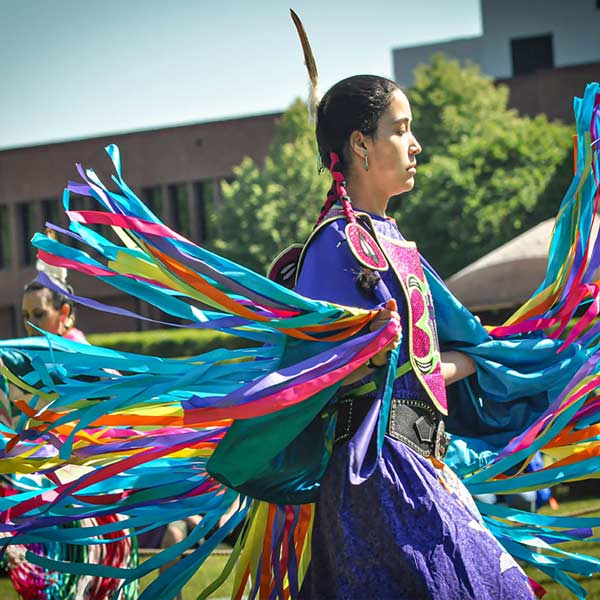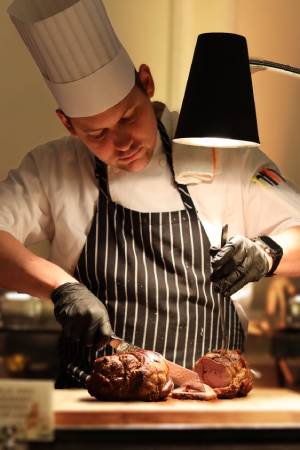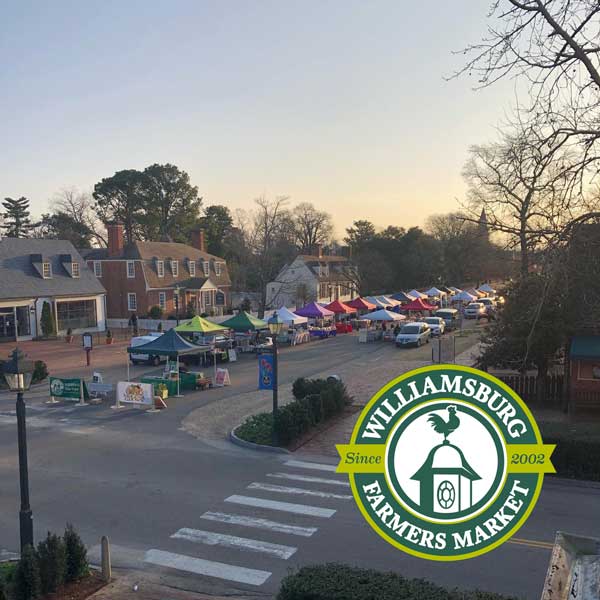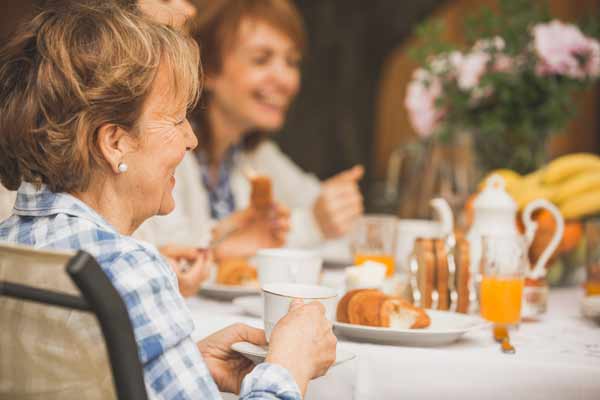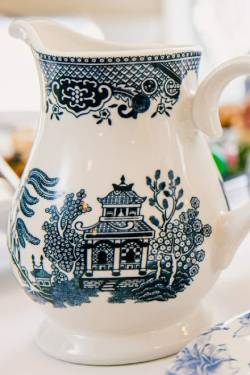Working Mom in Shanghai offers insight into living with COVID-19 protocols to families in US just starting to live in this new reality…
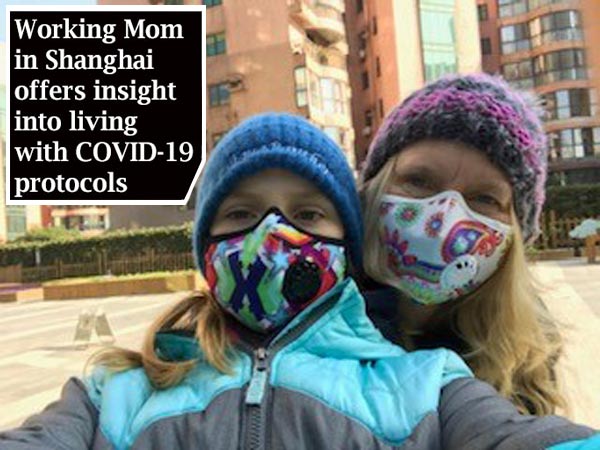
by Olivia Bada
originally published March 15, 2020
This interview was done via email between myself and a former colleague of my husband’s who is living in Shanghai. Originally from Canada, Jackie Greenizan is living in Shanghai as a single working mom of a 10 year old, and has been dealing with COVID-19 for the last 8 weeks.
Her answers are not only thoughtful but useful. She has learned the safety protocols and has implemented them. Hopefully they will make you think of ways you can help stop the spread and still positively engage in every day activities.
How concerning is the outbreak to you now? Have you become more concerned over the weeks, or were you scared at the beginning and now has it all become a routine?
At the end of January after we returned from our Chinese New Year holiday – it was very concerning. I admit I was really scared. Many of our friends were still overseas and were deciding not to return to China and extend their holidays. I went through at least 7 stages of panic a full panic roller coaster to so speak– oscillating between – do we also leave or do we stay put?
I took a deep breath and made a decision based on the circumstance and needs of my daughter and I to stay put. Once I made that decision I was more relaxed. I realized that here, in my own home I had much more control over what my daughter and I came in contact with, our activities and how we spent our time.
So I big learning for me is: “Recognize what is in my control and what is not – then focus on what is in my control”.
As January turned into February the Chinese government came out with more and more strict measures regarding what we could and could not do. They isolated and locked down Wuhan ( the center of the issue) and made very strong request to other cities to limit going outside and social interaction.
In Shanghai (where I live) we were encouraged to stay home as much as possible and only go venture out to stores when necessary. It was not quarantine per se, but more “ encouragement not to go out”. We were not allowed to be in large groups ( greater than 10) and many restaurants were forced to close ( however they could still run their delivery business).
We were told we had to wear masks whenever we were outside. – that was uncomfortable at first but it has become routine. There is much debate on whether the masks are effective or not in containing the spreading of the virus. In my opinion the biggest benefit they have is that it is a reminder that things are not “normal” and we need to be careful.
We developed a routine in our home for when we go out and when we come back in …
- Going out – shoes, jackets, masks, small bottle of hand sanitizer
- Coming in- shoes off, jackets off, masks off – wash hands
We developed a morning and evening routine where we take our temperatures and record them.
How has it changed you life?
The biggest challenge for us is not being able to see friends as frequently as we would like. Access to residential complexes are restricted to residents only ( each resident is provided with a pass which we have to show each time we enter our complex – our temperatures are also taken. If anyone has a fever they have to report to a fever clinic (a designated clinic that is attached to the hospital and only sees fever cases and suspected COVID -19 cases.
Has it affected your child’s outlook on things?
We have had some really good conversations but overall the biggest challenge for her (she is 10) is that she is bored and misses her friends. That said, I have tried to use this opportunity to explain to her that even though we are inconvenienced our personal situation is not that bad. We are not sick, we don’t know anyone who is sick and we have a roof over our head. These chats have helped her to realize that our situation is lucky and that it is important to help where we can.
What suggestions would you give parents about how to talk to your kids about it?
First, depending on the age of your child I would suggest being as open with the kids as possible. At the beginning I was open and told my daughter that I was scared too. I told her I did not know what was going to happen, but that I knew that if we faced it together we could get through this, it may not be easy at times and it will be frustrating, but we can do it. I also involved her in the decision that we stay in China and not go somewhere else when the panic was in full swing in January.
Second, use this as an opportunity to talk to your child about your community and about the world. If there are things you as a family can do to help others in your community – talk to your kids about this – enlist their support.
We approached the situation as pragmatically as possible.
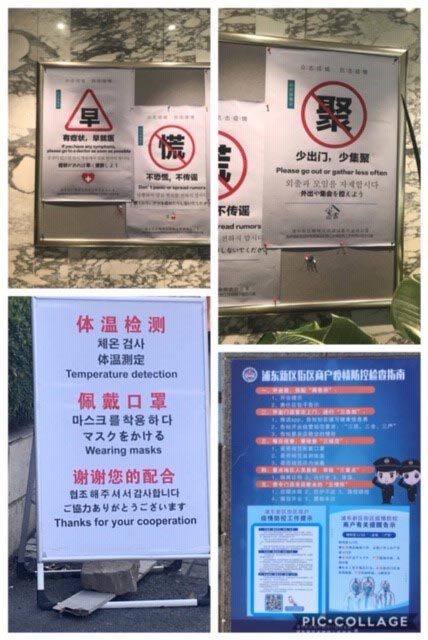
Community Signs about COVID-19 in Shanghai
Knowing what you know now about the spread what would you say are the top things people should do or stop doing immediately to help their families and community?
This is a great question – I recognize that my answer may not be popular but based on what the world knows now about how this virus transmits. That said, the city I live has a population of 23 million people and as of today there are only 352 cases. Because everyone has their temperature checked multiple times a day I feel that this number is more or less accurate:
Here are my top things to start, stop and continue doing:
Things to Start:
- Focus on the things you can control – limit face to face interaction, develop a routine in your home for hand washing, going out etc. Set rules for your family and the situation of your family and stick to them. This will be tough.. especially if other kids are all outside playing and running around… but you need to do it.
- Take your and your families’s temperature every day – twice a day track the temps in a book. We do this for 2 reasons – we will need proof for when my daughter returns to school and it helps us understand what our “normal ” temperature range is – so on those days when we don’t feel great (maybe we are tired or I may or may not have had a glass of wine the night before) it helps me reduce panic to know that my temperature is OK.
- If a member of the family is sick –isolate them from the rest of the family as fast as possible. This is to prevent the other members of the family getting sick.
- Have a back up plan – for example if one member of the family gets sick – have a back up – for where the other members of the family can go. In my case, (I am a single Mom), I arranged with my friend that if I was sick , and my daughter ok, then my daughter could stay with them.
- If you don’t feel well – call/see your doctor and then self isolate. Communities should encourage this behavior.
- Limit going out to -necessary trips – groceries, supplies. If you have to go out, wear gloves at the grocery store so you don’t have to touch the cart handles. Wash the gloves when you get home (and still wash your hands).
- Checking people as they access public places – entrances to all public places should have hand santizier and someone checking everyone’s temperature. It may sound invasive, but a fever is one of the first and most reliable signs. It also serves as a reminder that things are not “normal”. Also, if someone has a fever – they are not admitted… no exceptions.
- Where possible encourage kindness and understanding. We all react to stressful situations in very different ways. Remember everyone of us is human, look for ways to help. One really small thing can make a big difference. For example the security guards at the entrance to or residential compound have a tough job.. not only do they have to enforce the rules, the they have to take people’s temperatures, etc. We make it a point to wave and say hello on our way out.. a small gesture but it makes a difference.
- If you know of a family in need and can help them out.. do that. (bread and peanut butter for kids who are missing their lunch meal, etc)
- Start being proactive about “flattening the curve” – reducing the transmission of the virus.
- With the kids being at home.. it will be tough.. but if possible create a “day plan” and schedule so that you build in a routine.
Things to Stop
- Limit face to face social interaction. – I know school may be off – but this is not a “snowday”… it is off so the kids don’t infect other kids and so the virus does not spread. To make this work this message needs to be reinforced by the community .
- Limit or stop play dates / sleepovers– again – this it tough but … necessary in order to contain the virus.
- Stop pretending “this will go away”
Things to Continue
Continue to be a caring community that looks after each other.
- The population that is most at risk is the group over 60. It is likely that the aged care homes in your community are restricting access to visitors (if they are not, they should). The people in these homes will be lonely, sad and confused. A potential activity to consider for the kids is have the kids create art work or cards and send them to the people in the care homes. It will cheer up the patients and give your kids a fun activity.
What would you say to other parents just starting to face this in terms of stocking up on supplies, medicine – or is there too much focus on supplies, when the focus should be on something else?
I would suggest that parents have one -2 months worth of any prescriptions that are needed for their families but other than this I don’t understand the need to stock up. That said, my situation is different in that the grocery stores have not been closed where I Iive and have been well stocked. There was no need to stock up on toilet paper.
Focus on the things your family needs for the next 2-3 weeks.
Look for activities that kids can do at home – focus on art supplies and things to keep the kids busy.
What do you do with your child…parks, walks outside? Do you “self” quarantine when you don’t have to go out?
We still went for walks and we still went outside – getting fresh air helps. But parks were closed – we were not able to access parks, we did a lot of walks around the block. If you have nature trails in your area.. go and hike. Being outside is not an issue, being outside in a large group.. more of an issue.
When we were not outside -we stayed home. We limited our social interaction.
Do kids still come over and play?
We arranged a play date once a week with one family (always the same family). They knew our travel history and we knew theirs. I discussed with the parents and we were aligned on the precautions we were taking and comfortable that the kids could play. We limited the play dates to something manageable and because our complex did not allow non residents to enter.
Are restaurants still open and busy?
Restaurants are not busy and are struggling. The ones that are open have very limited hours ( most close by 7 pm). Limited menus, limited seating (no more than 50% capacity is permitted) and a strict protocol for entrance (we have to show our “green” QR code that proves we are OK, we have to have our temperature taken when we enter the restaurant and we have to sign a form with our name, phone number and temperature (so they can contact us if anyone of their clients or staff gets sick – so we then know we need to be tested).
That said some of the restaurants are being very creative . It is possible to order a full gourmet meal to e delivered. Others are offering discounts for the month of July if you dine with them in March. Another restaurant I know created and published a best practice handbook for staff cleanliness for the staff to follow in their restaurants – they then shared this handbook publicly so other restaurants could implement the same practices and help patrons feel safe. (I will see if I can find a copy of that hand book). {We will post this once received.}
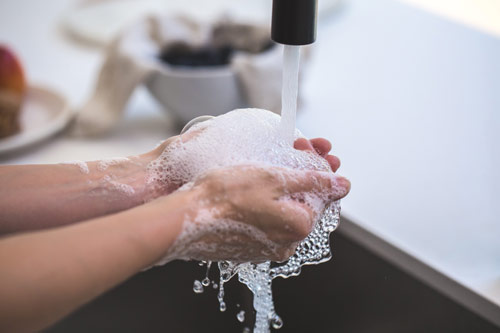
What is your perception of the disease? Here we are told to avoid gatherings of 50 or more, wash your hands. They say the disease does not seem to impact children as much as those over 60 with health issues. Is that what you find?
The disease is still an unknown… It does appear to be most deadly to older people and people who have underlying issues. It appears to be less problematic to kids. I think there is still a lot we do not know about the disease the key one is that people may not know they have it ( if they are not checking their temperatures). We also know that it can spread through families quickly. – which is why sick patients in China were isolated away from their families.
It’s important that young people are not cavalier about getting it the disease – thinking they will beat it.. they probably will.. however they may also transmit it to someone who wont’ beat it.
The disease can be contained providing that governments and people are willing to take the aggressive measures that have proven to contain it. Or said another way – follow what China, Korea and Taiwan have done… don’t follow Italy.
Key things:
- Avoid crowds (50 seems high to me)
- Wash your hands – more times than you think you need to .. and then wash them again
- Limit face to face interactions
- Install measures when entering public places ( temperature checks, hand sanitizer)
- Install a method of tracking people…so that if some one gets sick it is easier to find the other people they came in contact with quickly.
- Keep public transport running, but limit it..
How are you managing work with no school? (This one we are all figuring out as schools just closed for the next 2 weeks).
Right after the Chinese New year holiday the Shanghai government told everyone they had to work from home. Two weeks later companies were allowed to open up their offices providing that they passed the government protocols and put precautions ( temp checks, mandatory mask wearing, hand santizier) in place. In my case my company gave us the option and I chose to continue to work from home.
It has been a challenge but fortunately my daughter is old enough to follow the e-learning schedule that the school has sent out. It is important to note that even though the kids are not physically in school the school has sent out e-learning work for them to do and they have at least 4 zoom calls a week with their teachers.
Things that worked for us:
- We set a routine. – both of us had to be “working” by 9am
- We had a set work location (dining room table)
- We took breaks every hour for 5-10 min
- She had a lunch hour
- Once she was done her day she had “free time” … ipad/ games etc. – she knew that my day went until 5 pm.
- If needed I would schedule work calls before 9 am ( I work across different time zones).
There was no expectation for me to show up at the office – if anything it was expected for me to work from home. It has not been easy all the time, but the silver lining is that I don’t have 2 hours commuting a day. I have had to do more conference calls with my teams but other than that it has been OK.
How long has your child been out of school?
In total she has been off 8 weeks My daughter has been out of school since January 19th.
Jan 19 – Feb 3 – Chinese New year Holiday
Feb 3 – Feb 8 – “extended Chinese New Year holiday
Feb 10 – first week of E-Learning … We just finished our 5th week.
Fingers crossed she will be back at school in early April.
What type of protocols have you established for your family?
Here is what we have in place:
- Hand washing whenever we are outside and come back in … (no exceptions)
- Hand washing if we go to a restaurant or if we go someones home.. it is the first thing we do
- Frequent changing of linens and towels ( 1x per week).
- Wiping down all surfaces with a non toxic cleaner
- Carrying a small bottle of sanitizer for when we are out
- Wearing a mask as per Shanghai regulations
We just had our first person pass away in a town of approximately 75,000. There are 8 cases so far in our city. How many are infected where you are and what is your population?
Shanghai has a population of 23 million people and as of today we have had 353 people infected, 3 deaths and 324 people recovered. In the past 48 hours there have been 3 new cases and all of those cases were from people flying back into China from overseas.
The measures that the city of Shanghai took ( similar to other cities in China) really helped to contain the virus.
Some of the additional precautions the city enforced:
- Deliveries – all deliveries (food, stuff etc) need to be left at the entrance gate to the community with the guards – delivery people cannot enter the residential communities
- Temperature checks – pretty much everywhere
- Tracking on public transit ( so that we can be contacted if an infected person was in the same subway car etc)
- Work from home encouraged
- Schools closed
How do they take your temperature everywhere? Can you tell me the way it works. This may seem silly but I am trying to picture how it works. Do they use thermometers or strips?
The temperatures are taken with digital thermometers that take a read off either our foreheads or our wrists.The thermometers look a bit like the image here:

Does it seem like the worst is over where you are – or are the cases still rising?
Today it seems like the worst is over. Some parks have re-opened and more and more restaurants are re-opening however, people still need to be careful and take precautions.
Here people are hoarding toilet paper – it is comical and a little insane – is that happening there too or are people hoarding something else?
There was no toilet paper hoarding.. however I did see people buying really large bottles of cooking oil at the beginning. That seems to have stopped now.
Has it changed your perception or view on things in general? Do you see this as the “new normal” that we will all have to learn to face?
My perception has really changed – I think I could write a whole essay on this topic. It has been amazing to watch what has happened here in China – and the reactions – from the beginning if the crisis until now.
At the beginning people were telling me I was crazy to be staying in China (full transparency one of the reasons I stayed was because my resident visa needed to be renewed and I as ½ through the process). Now as I have experienced how China handled it , and am reading about how other countries are handling it, I feel comfortable with my choice.
This is a new normal and we will need learn how to face this and figure out how to work through these types of situations. We need to learn from each other…
Key learning for me:
- We are all human. This affects us all – we need to work together, share learning and keep communication lines open
- The age of technology will accelerate -the innovation and thinking coming out of this situation will be truly outstanding
- I was reminded that a key role of Government is to care for its people. This may mean making very drastic decisions for the greater good. Leadership needs to lead.
- This is a new normal – one of the silver linings for me in all of this is that I have been able to slow down, and focus on the important things – my family, our health and how we spend our time.
How do you find people are to one another – is it bringing out the good in people or dividing them out of fear?
A bit of both. I see people helping each other on a local level but at the same time I see people acting harshly out of fear and ignorance. It is sad to see some of the comments and stories of racism and blame.
How are the hospitals dealing with the overload?
The Chinese government took a very unique approach:
In Wuhan (the epicenter) – they build 3 temporary hospitals in 10 days these were used to isolate suspected and confirmed cases . I have heard stories of there not being enough beds in Wuhan and not enough tests, but that was not the case where I am.
In all cities – they had designated fever hospitals – where people had to go if they had a fever (local General Practice Doctors were not involved). This ensured that the fevers were contained at the fever hospitals and General Practice Doctors were not exposed and other non fever hospitals remained open.
My daughter broke her arm 3 weeks ago – I had to call the non fever hospital – let them know were coming in advance. Upon arrival I had to fill out a ton of forms, have our temperatures taken about 4 times and then she was seen by the doctor. That said, the hospital was not busy.
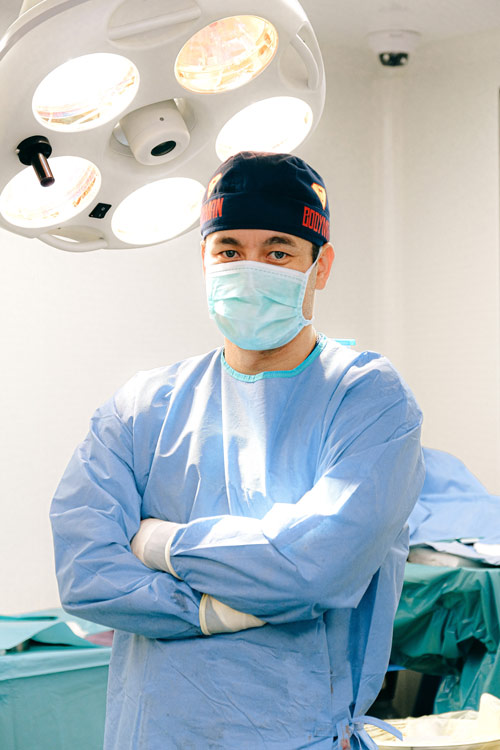
We seem to have a low supply of test kits in the US for the virus, did that happen there too?
There was an initial shortage of test kits at the beginning but that was solved quite quickly. Separating the fever/ non fever hospitals helps also to centralize the test kits to few locations.
I think that one of the reasons why people were so willing to follow the rules is that no-one really wants to spend time in a hospital.
You mentioned tracking people, how does the government track people?
This is an interesting one. As you may know China has spent a lot of money (and time) on surveillance of its people. There are cameras everywhere and almost all transactions are digital. To many people this seems like an invasion of privacy, however one of the benefits is that there is very little crime and most people follow the rules.
The COVID-19 situation took the tracking to a whole new level. Here are some of the ways that people are tracked:
1) By phone – I can enter a 4 digit number into my phone and I will immediately receive an sms message saying where I have been in the last 14 days (or more accurately where my phone has been).
2) Almost 95 % of transactions in China are cashless. There are two primary systems for this, Wechat ( which is owned by the Tencent group that started as a communication platform – think Facebook/ on steroids). And Alipay which is part of the Alibaba group. On these platforms these we have to go into a mini program on the App and add some additional information ( which is also linked to our phone location) and a Personalized QR Code is generated. This code is either Green, Yellow or Red. Green is “OK” , Yellow is “you have been in contact with someone infected or you have recently been in a high risk area” and Red is “you are high risk”. We need to show this code when we enter some locations.
3) On the subway we have to scan a QR code with our phones and enter our phone number so they can find us if there was an infected person on the same subway car.
4) Now when people fly into Shanghai it is taking between 3 -12 hours for them to exit the airport as the government is making an assessment on each person; they are determining if the they can go back to their homes and do home quarantine for 14 days, or if they need to transported to government quarantine.
The system (as uncomfortable as it may seem) works. This past week they were able to track down all the passengers on a fight that had an infected person on it. They did this in 24 hours.
Anything you can think of that has helped you socially adjust during this time?
I would add one thing – in having a support group really helps. I my case one of the other women here set up a group on WeChat called “Staying put support” – there are about 246 women in this group (all foreigners) who are based all around China. The conversations range from “help, my kid just threw tantrum number 5 for the day, what do I do ” to ” who has a good recipe for banana muffins?”. This group has been amazingly helpful and supportive. They got me through this situation.
—————————
Thank you so much to Jackie Greenizan for taking the time to answer our questions as we face what she faced weeks ago.
Something to really consider in our town is that we have approximately 23,400 people over the age of 65. Which is over a quarter of our population. It appears that this virus hits older people harder. To self isolate or practice social distancing, means that you are protecting one in three of your fellow neighbors from a potentially life threatening disease.
Our community would be devastated if even a portion of those 65 and older got sick. It would overwhelm our health facilities and healthcare workers, retirement communities and would devastate our town. Those 65 and older are part of the fabric of what makes Williamsburg……Williamsburg. And just like we would protect the children of our community, if the virus struck them hardest, now we need to protect the elders of our community by doing what we can to not spread it any further until the worst is over.
Now is a good opportunity to get some yard work done, clean out the draws of old clothes, spring clean the house, organize pantries, and maybe paint a room. In no time at all, we will all be back to running around, over scheduled and exhausted again…take time to unwind and reread Jackie’s protocols above.
We are doing the temperature protocol – if for nothing else then to prevent us from thinking we are getting sick when we are not, and making a wasted call or trip to a doctors office. This avoids unnecessarily exposing ourselves to actually getting sick, and not to mention adding to the medical staff’s patient list.
Feel free to ask questions in the comments and we can email Jackie. Please share this article with friends and neighbors near and far if it has been helpful or of interest to you.
We will see you in the “real world” in no time.
Here are the links to the VHD and CDC. These are the best sources of information on the outbreak. (substitute the Virginia Health Department website above (VHD) with your state’s health department for more local coverage)
Interview written by Olivia Bada to contact her email: olivia@williamsburgfamilies.com
We interviewed Jackie Greenizan again – here is our latest article!
#socialdistancing #coronavirus #covid-19 #selfquarantine #covid19

















